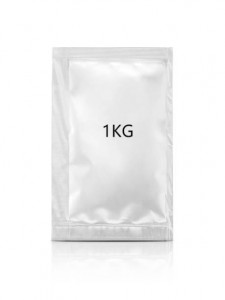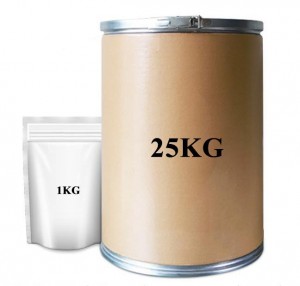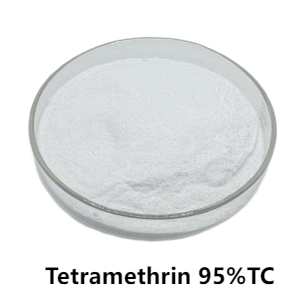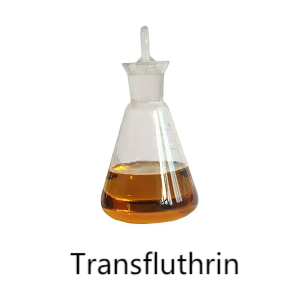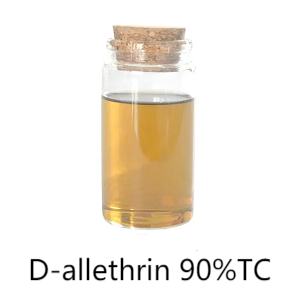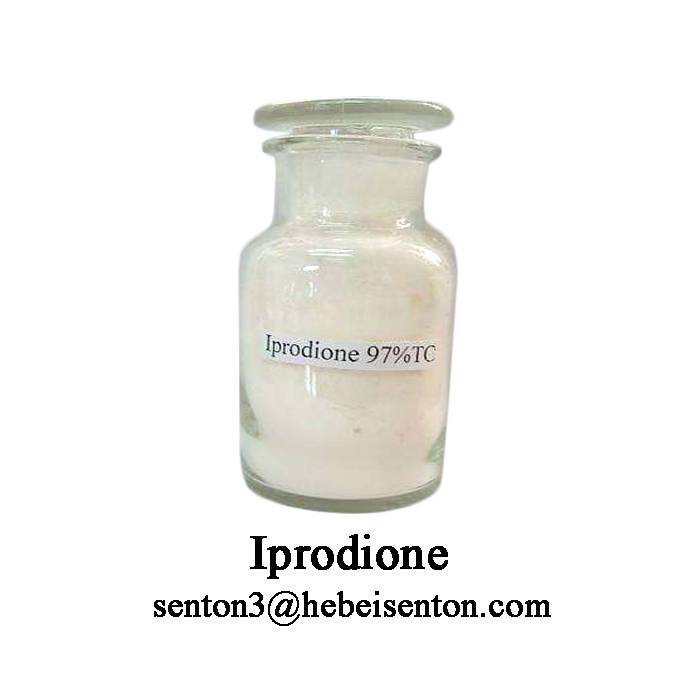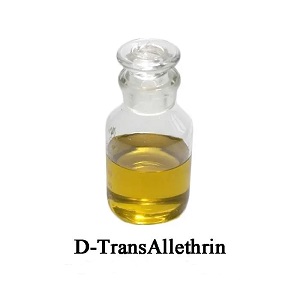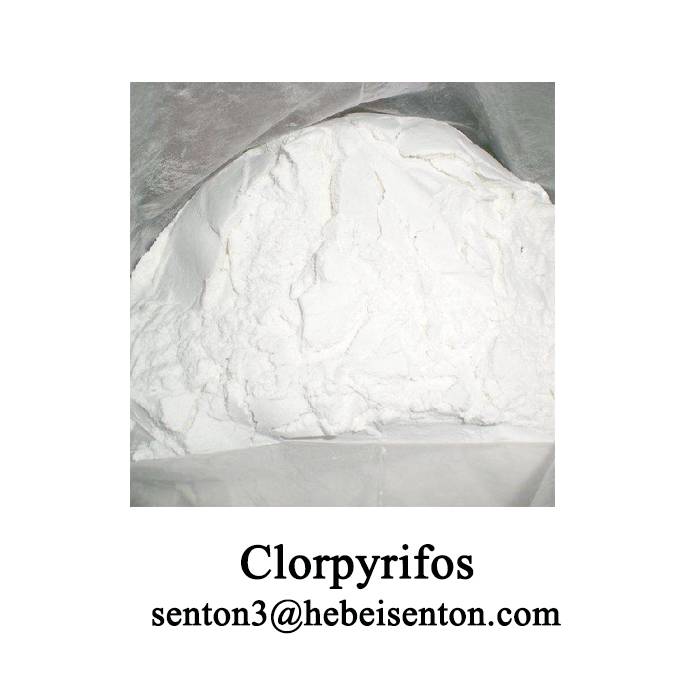Plant Growth Regulator Ga 3 CAS No 77-06-5 90% TC Ga3 Powder Gibberellic Acid
Gibberellic acid is high quality Plant Growth Regulator,it is white crystalline powder.It can soluble in alcohols, acetone, ethyl acetate, sodium bicarbonate solution and pH6.2 phosphate buffer, difficult to dissolve in water and ether.Gibberellic acid can be used safely in cosmetics.It can promote crop growth, mature early, improve quality and increase yield.Use in the skin products can inhibit the production of melanin, so that the skin color nevus spots like freckles whitening and whitening skin.
Application
1. It can increase the yield of three-line hybrid rice seed production: this is a major breakthrough in hybrid rice seed production in recent years and an important technical measure.
2. It can promote seed germination. Gibberellic acid can effectively break the dormancy of seeds and tubers, promoting germination.
3. It can accelerate growth and increase yield. GA3 can effectively promote plant stem growth and increase leaf area, thereby increasing yield.
4. It can promote flowering. Gibberellic acid GA3 can replace the low temperature or light conditions required for flowering.
5. It can increase fruit yield. Spraying 10 to 30ppm GA3 during the young fruit stage on grapes, apples, pears, dates, etc. can increase the fruit setting rate.
Attentions
1. The pure gibberellic acid has low water solubility, and the 85% crystalline powder is dissolved in a small amount of alcohol (or highly alcoholic) before use, and then diluted with water to the desired concentration.
2. Gibberellic acid is prone to decomposition when exposed to alkali and is not easily decomposed in a dry state. Its aqueous solution is prone to damage and failure at temperatures above 5 ℃.









